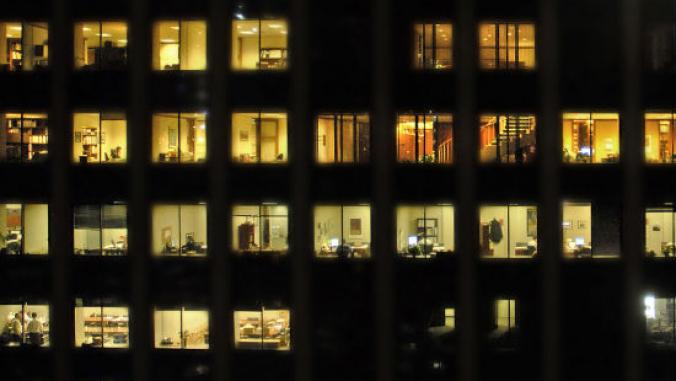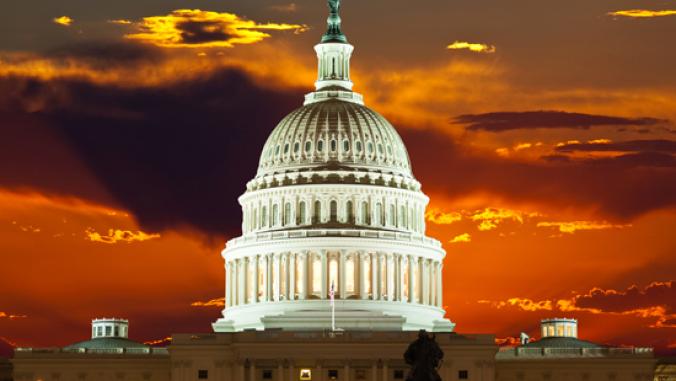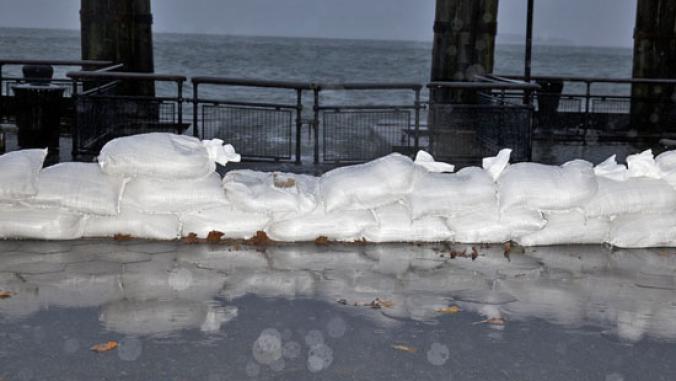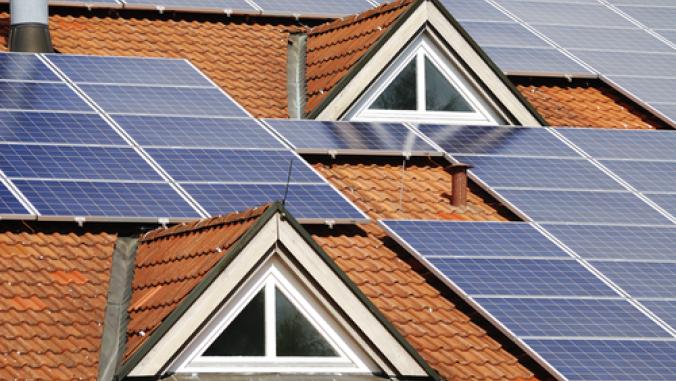Is Your Product Good for the Climate? Here's How to Prove It
<p>Rigorous environmental product declarations are relatively new in the U.S., and Bekaert Specialty Films is among the early adopters of the practice. BSF completed a climate declaration with the lifecycle analyses of 32 of its solar window films.<br /> </p>

My column on emerging international standards for green labels drew an enthusiastic response from Bekaert Specialty Films (BSF) and its president, Christophe Fremont.
BSF, the U.S. based subsidiary of a Belgian parent, manufactures a variety of window films for commercial, residential and automotive markets across the world.
The films, which are retrofitted to the inside of glass surfaces, allow sunlight to penetrate windows while reducing solar heat gain. In commercial buildings and homes, the films can help to reduce energy costs and maintain more comfortable interior temperatures. The films also help car interiors to maintain more comfortable temperatures, while reducing interior fading of upholstery.
The market for BSFs solar film products is propelled by concerns about energy efficiency and the release of greenhouse gasses. In recognition of that fact, BSF recently completed a climate declaration -- the greenhouse gas emission portion of an environmental product declaration (EPD), a lifecycle assessment of a product's environmental performance -- for its Solar Gard and Panorama architectural solar control window film lines.
The climate declaration analyzed 32 window film lines, finding that, when installed, the films prevented more GHGs from entering the atmosphere over time than was expended in their manufacture, shipping, installation and expected end of life disposal and recycling. The films are typically carbon neutral after having been used for a year, and -- over their useful life post-installation -- prevent, on average, 1001 times as much greenhouse gas emissions from entering the atmosphere than is used or created in their manufacture, for a designation as carbon negative.
Why did BSF go to the trouble and expense of completing a climate declaration?
"First, we wanted to walk our talk," says Fremont.
BSF's marketing emphasizes energy efficiency and CO2 emission reductions, and BSF wanted to ensure that its practices and products were in fact carbon neutral or carbon negative. To this end, BSF has invested over $1 million in environmental programs.
The cost to produce the climate declaration was just over $100,000. The document took a year of work to assemble, requiring a cradle-to-grave lifecycle analysis conducted under the 14025 protocol of ISO, the international standard-setting organization.
Two independent consulting organizations, Alta Nova, LLC and Five Winds International audited the results. The final climate declaration is registered at www.climatedec.com.
The second driver for BSF's climate declaration came from the company's customer base: queries, lots of them.
"Our sales team was reporting increasing questions from our international customer base," Fremont says. "Customers wanted to know if our product was really carbon neutral or carbon negative."
These questions have been raised around the globe, BSF reports, coming first from the EU and Asia and then from U.S. customers. BSF's solar films are sold in 60 nations. The climate declaration and associated FAQs have been provided to BSF's sales force and employees, who have greeted the information enthusiastically.
BSF is among the first U.S. companies to have completed a climate declaration or EPD. The demand for such declarations is growing in response to customer demand and the U.S. government's new requirements to reduce the carbon emissions of federal agencies.

As BSF's experience suggests, it is neither easy nor inexpensive to produce a climate declaration or EPD.
Expect, however, the introduction of a new generation of assessment aids and software products to bring down the costs of verifying a product's environmental bona fides.
Leanne Tobias is founder and managing principal of Malachite LLC, an advisory firm that specializes in the development, leasing, management, financing and certification of sustainable or green real estate on a global basis. You can get in touch with Leanne at this link.
Images of the LEED-Platinum certified Adobe Tower building, the ASEM Tower in Seoul, South Korea, a Stena Line ship, the Department of Energy's James Forrestal building in Washington, D.C., and the No. 1 Collins Street building in Melbourne, Australia, all users of BSFs solar Films, courtesy of BSF.





